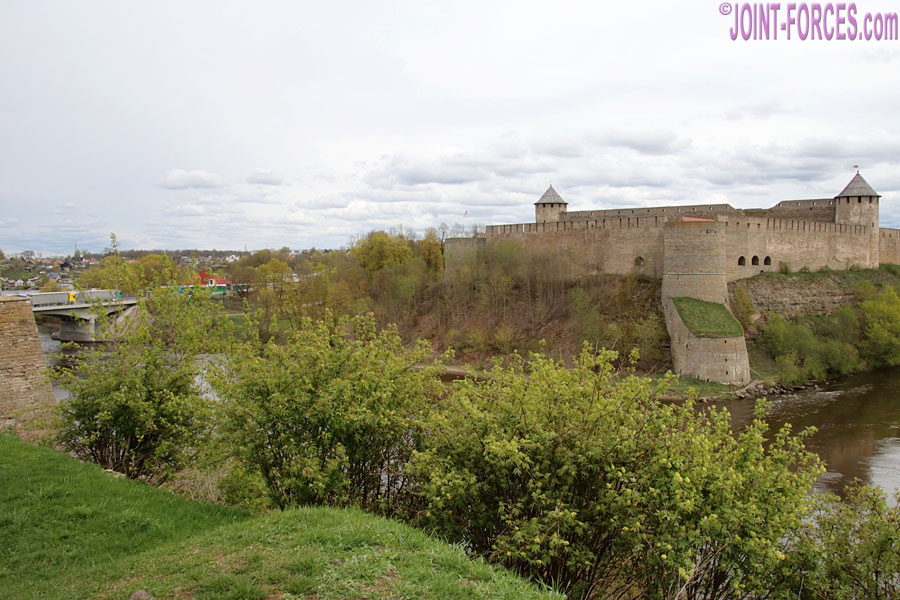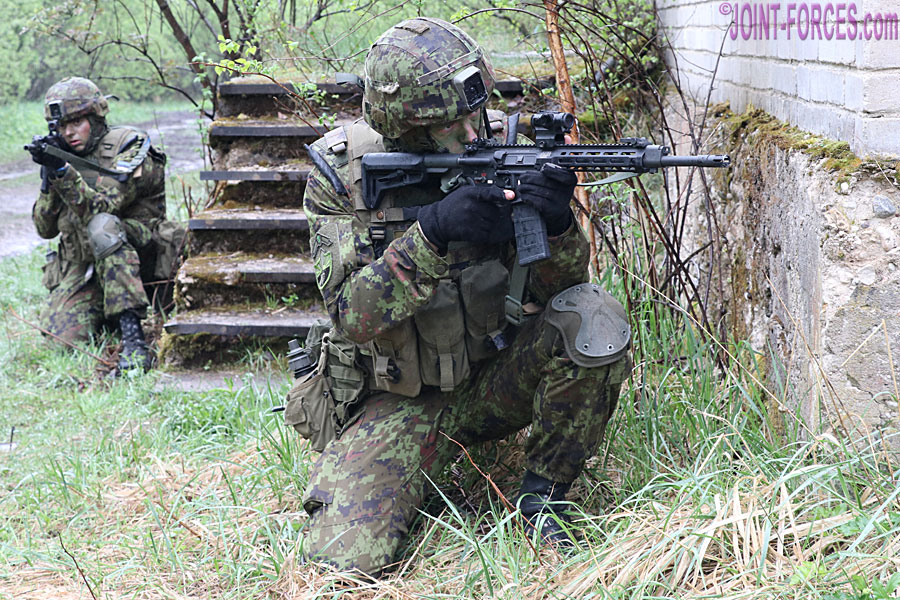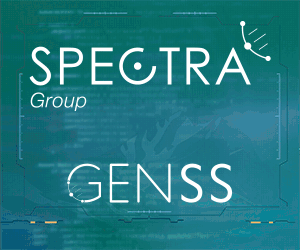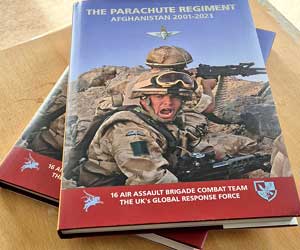Estonian Government to invest additional an 380 million Euros in national security spending due to worsening security situation in Europe.
~
Press Release, Stenbock House, 20 January 2022: Due to the worsening security situation in Europe, the government has decided to boost Estonia’s direct defensive capabilities by investing more than 380 million Euros in additional national defence in the coming years. This will improve the speed at which the state is able to respond to both military and hybrid threats.
“There has been a marked downturn in the security situation in Europe, which is faced with its biggest security crisis of the last 30 years,” said Prime Minister Kaja Kallas. “Estonia is not under any direct military threat at the moment, but the intimidating demands being made by Russia and its behaviour on the Ukrainian border should be a red flag to everyone. The defence budget for 2022 is the biggest in our history, forming 2.3% of GDP, but since tension in our region has grown to unprecedented levels, the government unanimously agreed on the need to channel more than 380 million Euros in additional funding into wide-ranging national defence in the coming years so that we are capable of responding very promptly and effectively to any military or hybrid threats we encounter.” Prime Minister Kallas added that the security decisions taken by the government were designed to make a statement. “These steps are a signal to all others that we take our security very seriously and that we are prepared to match our words with actions,” she said.
Of the agreed amount, 340 million Euros is earmarked for the reinforcement of Estonia’s direct defence capabilities by placing more supplies at the disposal of the Defence Forces. Over 40 million Euros will be spent on non-military developments for national defence. More than 32 million Euros of that will be invested in the area of governance of the Ministry of the Interior, augmenting its ability to identify and respond to threats, boosting the Border Guard and civil defence and improving capabilities in regard to reconnaissance, the conducting of evacuations and the hindering of illegal mass border crossings. The secure communication solutions used by the foreign service, which are vital in crisis situations, will also be improved, as will the state’s ability to keep the population informed in such circumstances.

Minister of Defence Kalle Laanet says that with the security situation in the region continuing to deteriorate, it is important to boost Estonia’s deterrence and defence capabilities. “Reinforcing readiness is our top priority right now,” he remarked. “We will be adding to ammunition supplies for the Defence Forces as a whole and bolstering our early warning system to make it even more effective.” He stressed that bringing in additional supplies is particularly important in the current security situation, which may lead to a rise in demand. The aim is for the planned procurements to reach the contract stage within a couple of months.
Minister of the Interior Kristian Jaani says that supporting internal defence shores up the national defence development plan, since more attention will be turned to the development of non-military capabilities as well. “That is what wide-ranging national defence involves,” he said. “Military and non-military aspects combined create deterrence and defence readiness. With this additional funding we will be able to continue developing our abilities. Our objective is to detect threats as early as possible and to prevent them, or where needed to fend off threats to Estonia’s constitutional order and independence and to avoid potential situations from escalating.”
Minister of Foreign Affairs Eva-Maria Liimets says that improving the secure communication solutions used by the foreign service is vital in a crisis situation. “In the complicated security situation we find ourselves, additional funding for the Ministry of Foreign Affairs is primarily needed for the ministry’s information security and to guarantee secure communication with our foreign representations,” she explained. “In our ministry we will have to ensure that we are meeting all of the latest information security requirements in as short a time as possible. It is also important that information can be processed by our most important security partners, NATO and the EU, and that information can be exchanged without interruptions or problems and in line with security requirements.”
~




















